
2024 Mortgage Rate Forecast
Recently updated. When will we see rates ease this year? CEO Dan Eisner offers some insight into what may be coming.
Learn More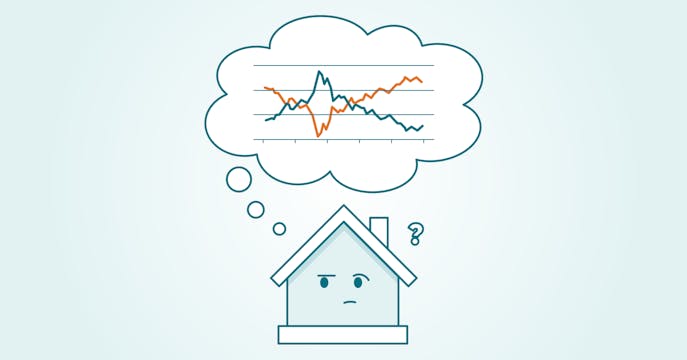
How Government Bond Yields Relate To Mortgage Rates
Want to know where fixed rates are going? Watch bond yields.
Learn More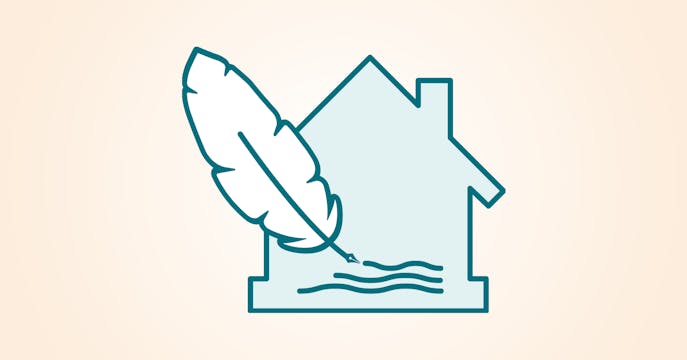
2024 Budget: Housing Updates
Here's what the federal gov't has inked and aimed at home buyers and owners.
Learn More
A New Canadian Mortgage Charter
A federal nothing burger (mostly) — but with a side of details that may be helpful for homeowners.
Learn More
2024 Housing Market Forecast
Get an idea of the housing outlook without combing through a bunch of stats.
Learn More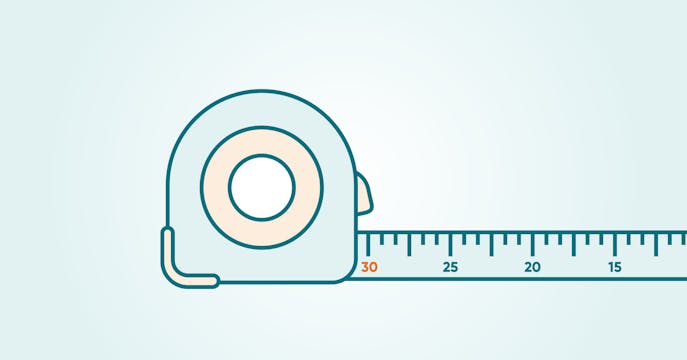
A new break on new builds.
Insured mortgages can now measure 30 years (from 25), lowering payments and improving affordability.
Learn More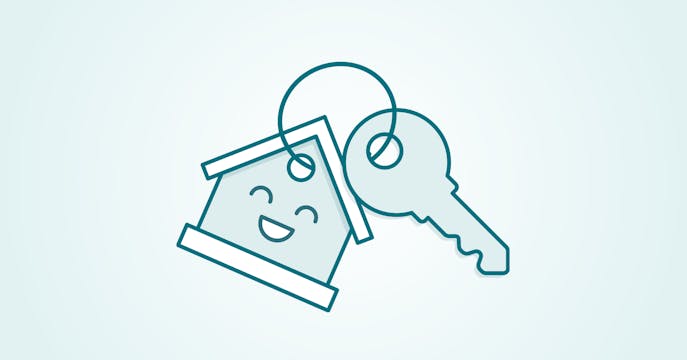
RRSP Home Buyers' Plan
You can withdraw up to $60K from your RRSPs toward your first down payment.
Learn More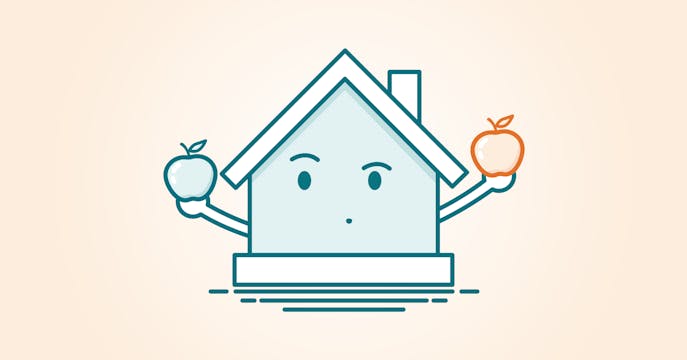
Can you spot the hidden cost in your mortgage?
Is your interest compounded semi-annual or monthly? The answer may mean you're paying more.
Learn More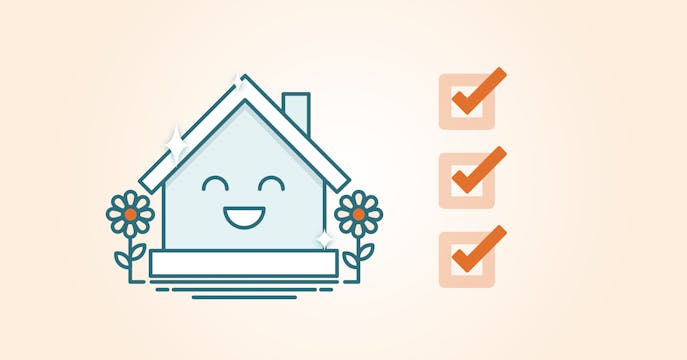
Your Spring Home Maintenance Checklist
Spring into action for home fixes and maintenance to protect your investment.
Learn More
Need to Spring Some Funds?
As the flowers bloom this spring, so can the need for extra funds. Time for a refinance?
Learn More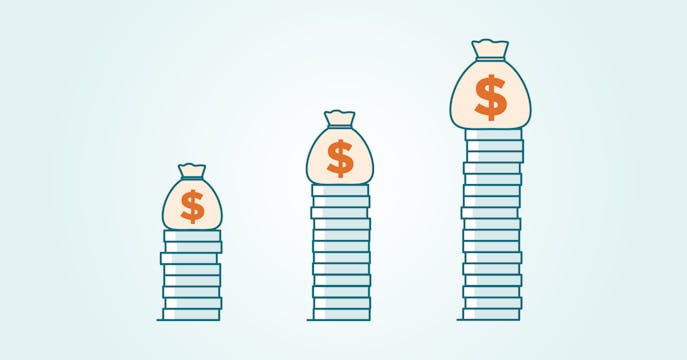
Why a bigger down payment can result in a higher rate.
Despite the higher rate, you'll still likely save more on your mortgage.
Learn More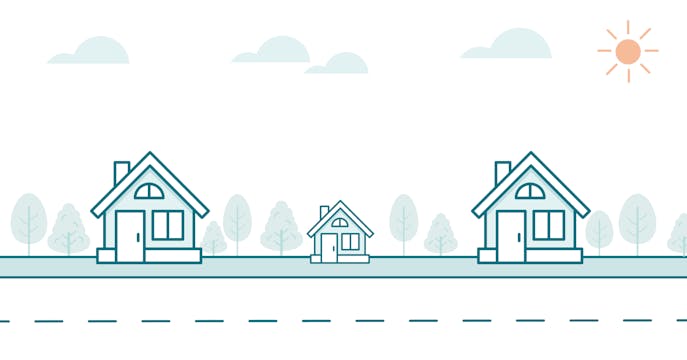
A new loan-to-income cap? How it might affect you.
You may need to adjust your 'dream home' buying expectations.
Learn More